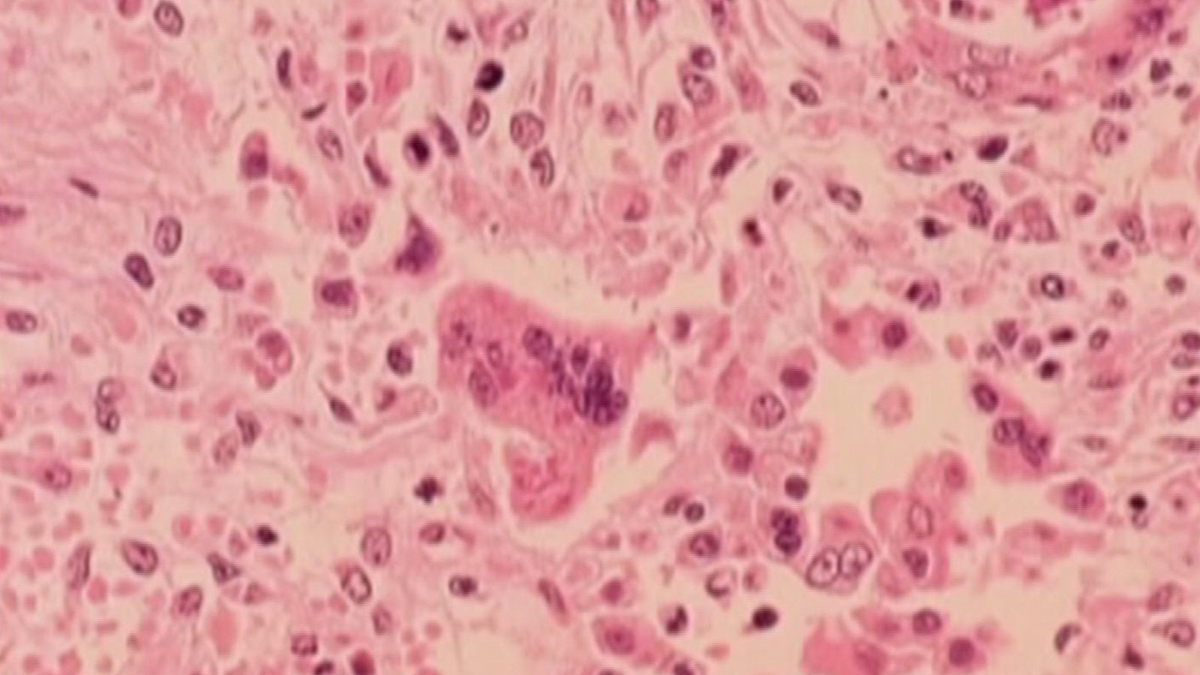Measles Outbreak Spreads: LA County Confirms 4th Confirmed Case, Health Experts on High Alert

A recent international traveler has brought measles to Los Angeles County, marking the fourth confirmed case of the highly contagious disease in the region this year. Health officials are now on alert, reminding residents about the importance of vaccination and early detection.
The new case highlights the ongoing risk of measles transmission, especially among unvaccinated individuals and those who travel internationally. Public health experts emphasize that measles can spread quickly in communities with low immunization rates, making prevention crucial.
Residents are advised to check their vaccination status and consult with healthcare providers if they have any concerns about potential exposure or symptoms of the disease.
